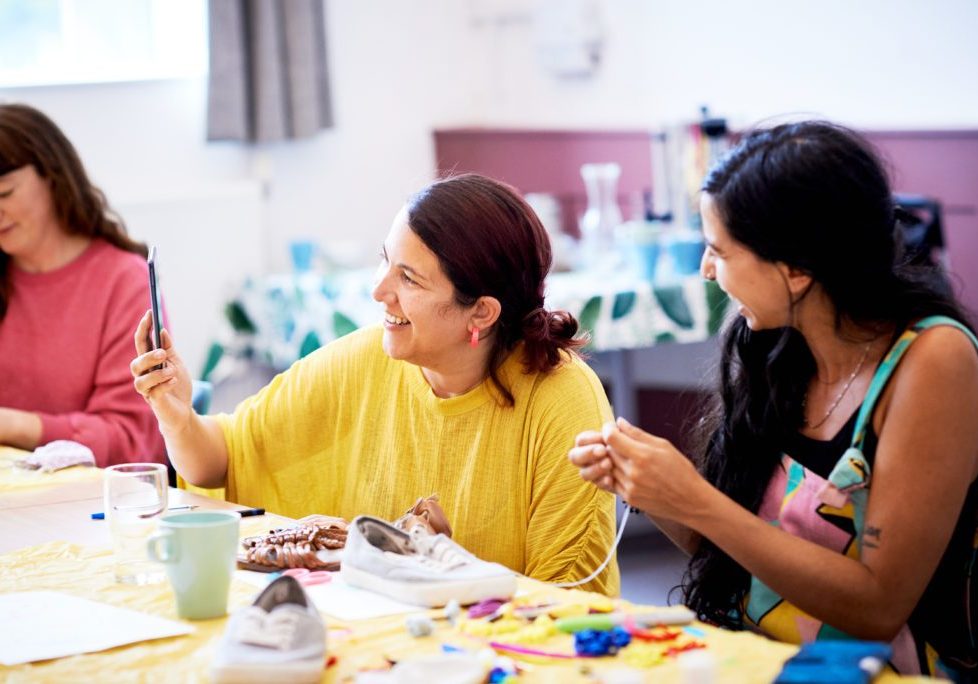
Self-harm
Self-harm is a broad term that describes the act of hurting yourself on purpose.
What is self-harm?
Self-harm could include any of the following behaviours:
- Cutting, burning or slashing the skin.
- Obsessive cleaning of the skin, sometimes using bleach.
- Drawing blood.
Why do some people self-harm?
Self-harm can be a way to:
- Express, cope with or numb painful feelings.
- Get some control over painful and often confusing feelings.
- Punish yourself; this can be particularly true if a person has low self-esteem or blames themselves for the original trauma.
- Provide comfort at a difficult time by doing something that is familiar. This can help when new and confusing feelings appear.
Myths about self-harm:
“It is a failed suicide attempt”: Self-harm is much more about attempting to cope with life rather than wanting to die. Injuries can be life threatening but are rarely so.
“Self-harm is attention seeking behaviour”: Many people try as hard as they can to hide any evidence of their self-harm. People do not hurt themselves to gain attention.
“Self-harm is a sign of someone going mad”: Self-harm is a sign of deep distress – not madness.
“People who self harm are a danger to others”: People who self-harm are directing the hurt at themselves and not at other people. In fact, most people who self-harm would be appalled at the idea of harming anyone else.
What can help?
Beginning to understand the reasons for and the meaning of your self-harm will be useful. Try keeping a diary and ask yourself the following questions:
- How do you feel before and after the self-harm? Asking yourself this question might help you understand the feelings you are trying to cope with. It may be easier to find another way to deal with those feelings once you have identified them.
- What does self-harm mean to you? What do the feelings signify, in your past or your life at the moment? When did you first start to self-harm? Identifying these meanings can help you to understand what it gives you.
- Why do you want to stop hurting yourself? Is it due to pressure from others, a desire to reduce your feelings of shame and guilt about the self-harm or have you decided that self-harm doesn’t work for you anymore?
- What resources do you have to support you if you stop or reduce your self harming? Have you got people around you who know about the self harm and want to support you? Think about what you need from these people and how they help you.
- When do you normally self-harm? Is there a pattern? Do you have any patterns or rituals which go with the self-harm? For example, you always self-harm in the evening or you always self-harm when you are left alone in the house. Changing a ritual or preparing for certain situations might have an effect on the self-harm in general.
- Replacement and distraction are useful tools. Can you make a list of things that you can do instead of self-harm? For example, call a friend or do something physical (e.g. exercise) to release the feelings you have inside.
Specialist resources around self-Harm
Self Injury Support offer a support and information about self-harm. Click here to visit their website.
The latest from our news and blogs

Making Waves: building confidence and connection on the water
Earlier this year, we partnered with All-Aboard Watersports – a charity that helps people access watersports in the heart of Bristol Harbour. Together, we ran a weekly group for eight survivors currently waiting for support with SARSAS.












